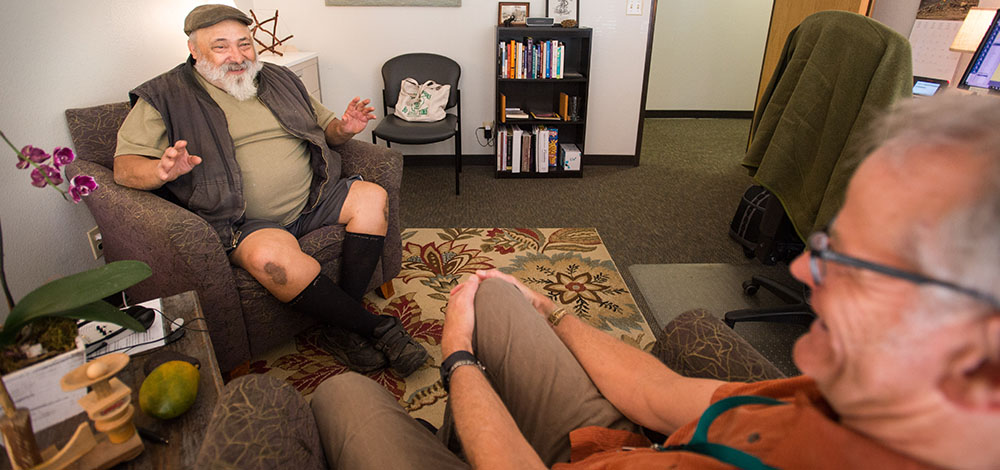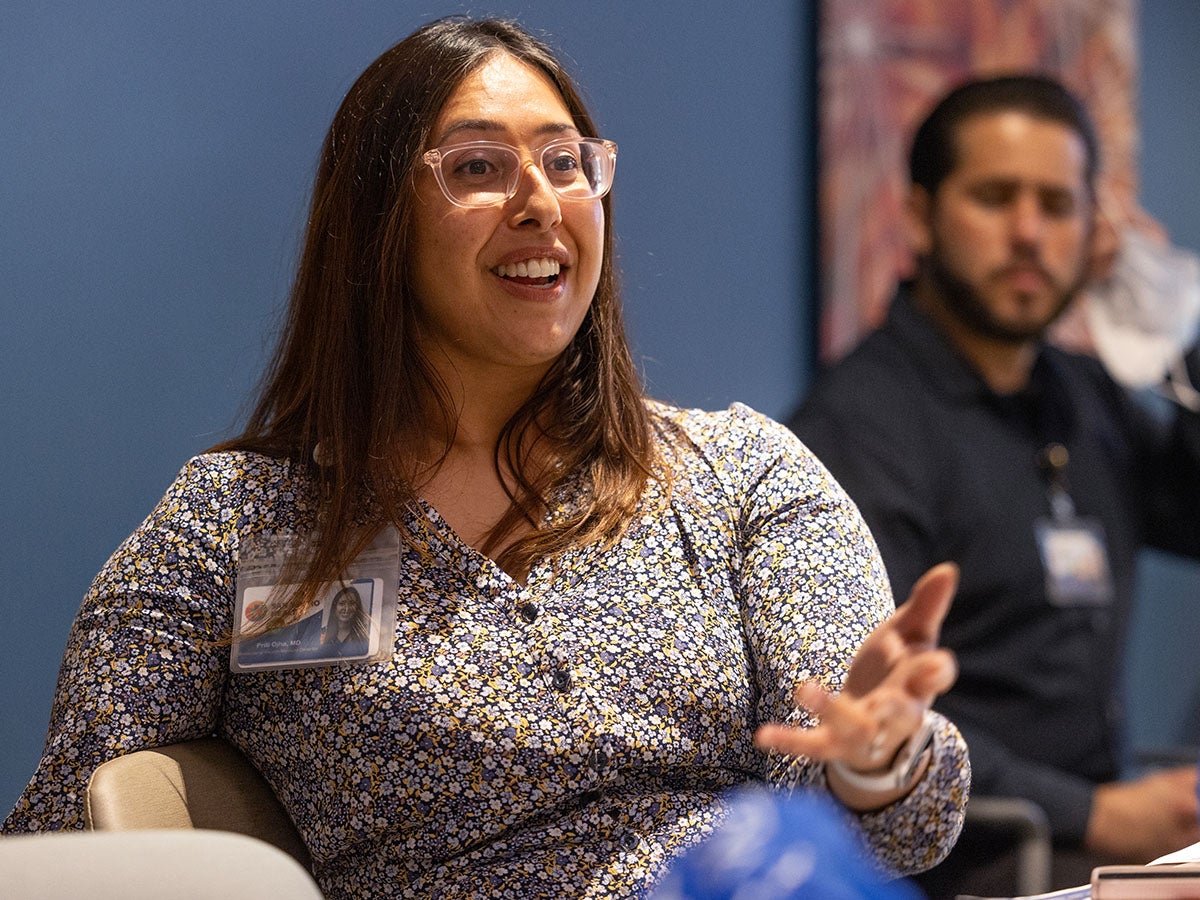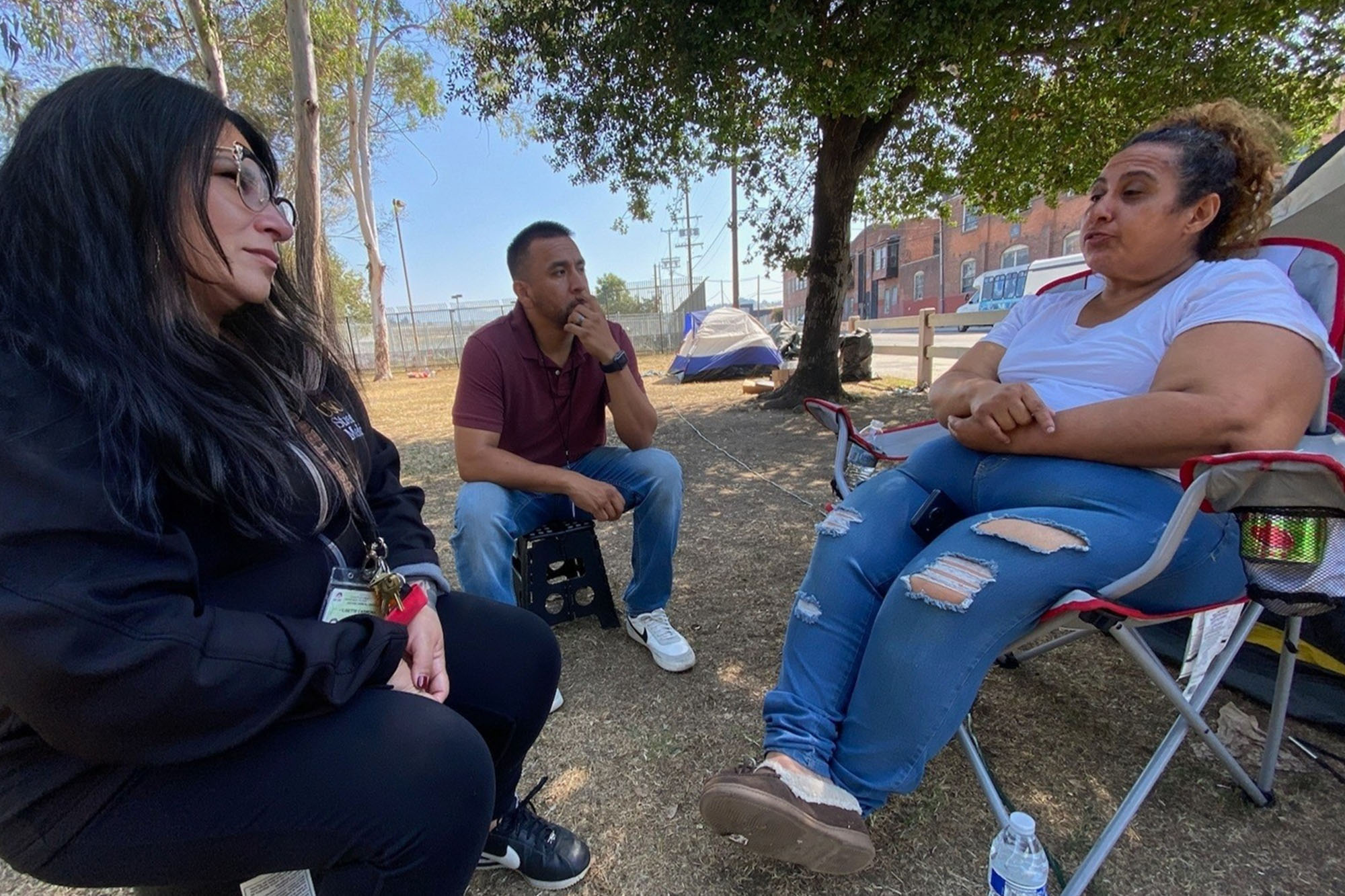There is a growing number of effective, evidence-based treatments for people with mental illnesses or substance use disorders. People can manage or recover from their conditions, live healthy lives, and participate meaningfully in their communities.
The challenge is that far too many people are unable to access the care they need. Behavioral health care is fragmented and complicated, forcing people who are struggling to figure out how and where to get care. Many people experience long waits, are bounced around to different places to receive their treatments, or are unable to get care in the language they prefer. While these issues are partly due to workforce shortages, they can also be remedied with new models of care.
Progress is possible when we adopt new, accessible models of care that meet patients’ needs before they turn into crises. These models are increasingly supported by federal and state policy and financing changes.
Resources in this section offer information on models of care, including:
- Low-barrier care that exists in the community, outside of emergency services or the crisis response system. Examples include Certified Community Behavioral Health Clinics, mobile clinics, telehealth, and sobering centers.
- Evidence-based treatments adapted for different racial/ethnic groups, languages spoken, and genders. Examples include culturally adapted cognitive behavioral therapy and native traditional healing ceremonies.
- Substance use treatment that meets people where they are and understands the reality that recovery is not always linear. Examples include contingency management and harm reduction practices.
We envision a future where people can get same-day access to care that is in their languages, responsive to their needs and cultures, and located in their communities.










